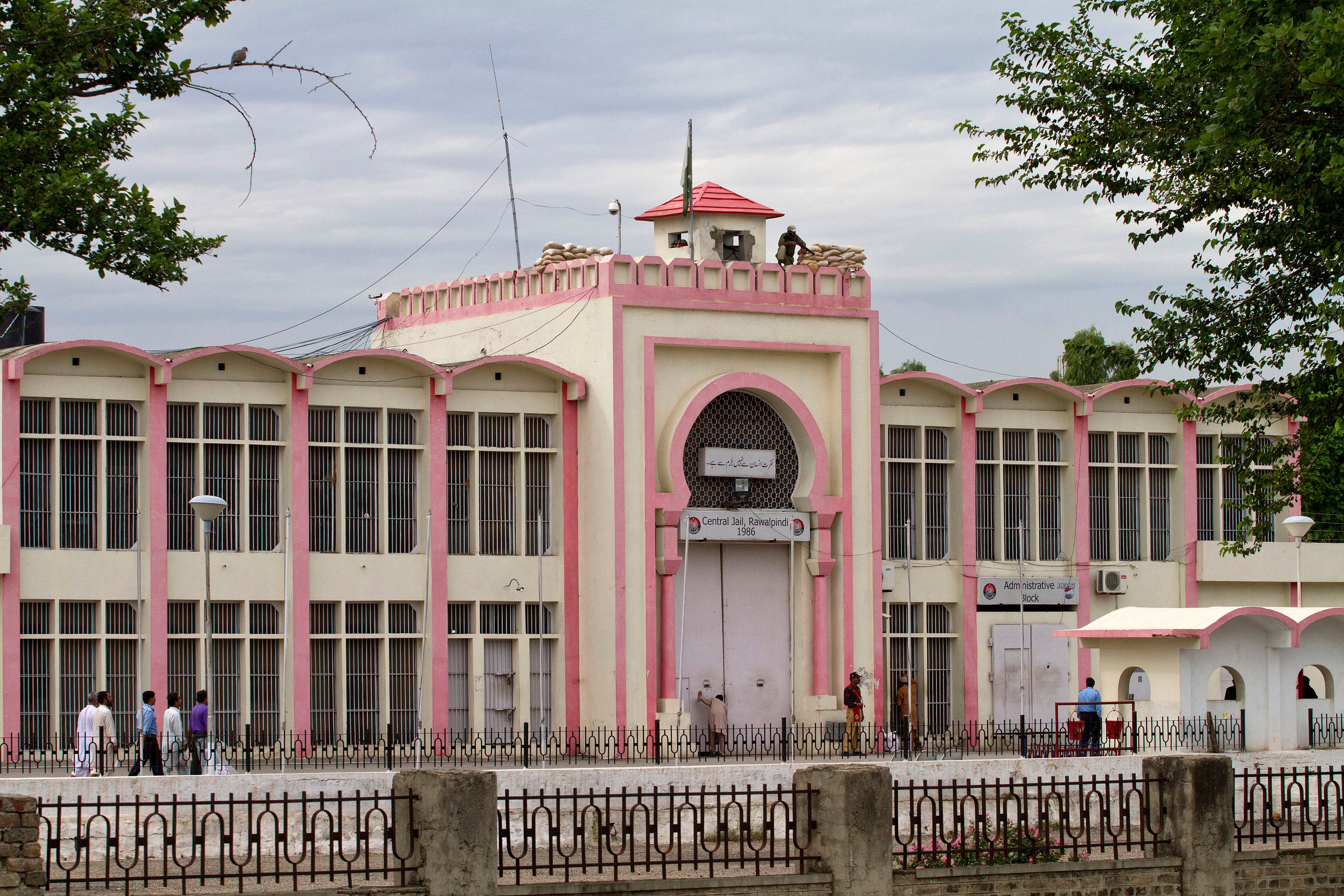COVID-19 runs unchecked in Pakistan's overcrowded prisons
A new human rights report is harshly criticizing Pakistan’s response to COVID-19 in its overcrowded prisons

Your support helps us to tell the story
From reproductive rights to climate change to Big Tech, The Independent is on the ground when the story is developing. Whether it's investigating the financials of Elon Musk's pro-Trump PAC or producing our latest documentary, 'The A Word', which shines a light on the American women fighting for reproductive rights, we know how important it is to parse out the facts from the messaging.
At such a critical moment in US history, we need reporters on the ground. Your donation allows us to keep sending journalists to speak to both sides of the story.
The Independent is trusted by Americans across the entire political spectrum. And unlike many other quality news outlets, we choose not to lock Americans out of our reporting and analysis with paywalls. We believe quality journalism should be available to everyone, paid for by those who can afford it.
Your support makes all the difference.A human rights report released Monday harshly criticized Pakistan’s response to the coronavirus threat faced by tens of thousands of inmates stuck in overcrowded and often unsanitary prisons.
Instead of following through on promises to ease prison overcrowding made when the pandemic first hit, Pakistan s government has actually increased its inmate population by over 6,000 between April and August, from 73,242 to 79,603. Some of the few who were freed were later rearrested.
The joint report by London-based Amnesty International and Justice Project Pakistan said inmates face a growing risk of infection, and called for renewed efforts to free certain prisoners, particularly the elderly, women and “prisoners of conscience.”
“As Pakistan braves the second wave of COVID-19 prisoners remain dangerously exposed as the authorities not only failed to reduce overcrowding, they actually worsened it,” said Rimmel Mohydin, South Asia regional campaigner for Amnesty International.
In the first weeks of the outbreak in February, the Islamabad High Court ordered the release of pretrial inmates charged with nonviolent crimes as well as those whose bail had previously been denied. In the southern Sindh province, 519 prisoners were to be released on bail.
But in late March, the Supreme Court suspended all bail orders that were granted because of the virus.
“The Supreme Court’s decision checked the countrywide momentum to reduce prison populations and even led to the rearrest of prisoners,” said the report.
Even when the Supreme Court did allow certain prisoners to be freed because of age or time served, they were never released, said Sarah Belal, Justice Project Pakistan’s executive director.
Also still behind bars are the women prisoners whom Prime Minister Imran Khan ordered freed if they met certain criteria, such as those on trial or convicted of minor crimes, Belal said.
There was no immediate comment from Khan's government on the 37-page report.
The country’s prison system was already dangerously overcrowded before the pandemic. Built to accommodate less than 58,000 people, it routinely houses nearly 80,000 inmates, according to the World Prison Brief, delivered by the University of London’s Institute for Crime and Justice Policy Research.
Punjab province, the country's most populous, stopped reporting positive cases in jails in April, when it had registered just 86 cases. However, in response to a Right to Information Request, the report discovered that only 16,534 virus tests had been conducted over seven months in Punjab's jails, with 1,345 testing positive.
The report called for the immediate release of all “prisoners of conscience” but also asked the government to “strongly consider” releasing pretrial detainees.
The rights groups also want a review of a wide variety of prisoners, such as the elderly who have served most of their sentence, prisoners who are serving sentences for minor crimes and those with health issues, “including those with a weakened immune system, due to the exacerbated risks an infection with COVID-19 would bring to their health and lives."
“Prison authorities should ensure that the person discharged has a place to go quarantine and the local authorities are notified that the person has been discharged,” Mohydin added.